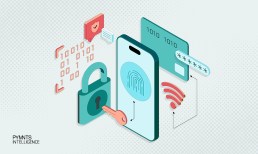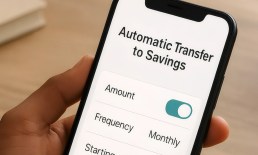After President Nayib Bukele “bought the dip” and purchased 420 additional bitcoins for about $25 million last week, El Salvador now has 1,100 coins, up from the first 400 announced in early September when it became the first country first in the world to make bitcoin legal tender alongside the U.S. dollar.
The purchase comes amid pledges by Bukele’s New Ideas political party to crack down on fraud — and pump bitcoin-generated profits into public projects, including new schools and the nation’s first public veterinary hospital. But such assurances have done little to allay public anxiety surrounding El Salvador’s Chivo Wallet, which has been tarnished by nearly constant fraud reports and other complaints since its rollout.
Related: El Salvador Buys $21M Bitcoin as It Marks Crypto’s Cash Debut
Read more: Reports of Fraud Mar El Salvador’s Bitcoin Journey
See also: Technical Glitches Continue to Mark El Salvador’s Bitcoin Rollout
Take the case of Dr. Ricardo Lara. The public health specialist only discovered that his bank account had been linked to Chivo without his authorization when he noticed periodic withdrawals from the account into the state wallet. His story is only one indication of the growing burden the wallet’s failures continue to have on both citizens who have willingly adopted the wallet and others like him who have no intention of ever opening a Chivo account.
Advertisement: Scroll to Continue
Read also: Glitches, Fraud and High Fees Upset El Salvador’s Bitcoin Chivo Wallet Users
To boost public confidence in the cryptocurrency, Bukele’s party has proposed increasing prison sentences for bitcoin-related cybercrimes by up to 12 years to combat fraud. And the government has announced the construction of 20 “Bitcoin Schools” using surplus profits from the nation’s Bitcoin Trust. Earlier, Bukele announced the construction of a public veterinary hospital that will charge citizens less than $1 in consultation fees through the Chivo Wallet.
At this writing, bitcoin is trading at more than $60,000, down from its record high of of $66,976 last month but still an improvement from the roughly $58,000 it dropped to last week.
Bukele has said no tax money would be used for the new project and has sought to reassure Salvadorans that profits from previous bitcoin purchases will serve the interests of the entire population.
“The hospital is going to charge $0.25 cents, paid with the Chivo Wallet, for any treatment, […] it does not matter if it is the cheapest or the most expensive,” he said.
The Salvadoran Congress established the Bitcoin Trust with $150 million. In addition to disbursing public funding, it aims to give citizens an easy way convert the cryptocurrency into dollars.
Meanwhile, technology solutions company Orcaex will launch its own digital wallet for dollars and cryptocurrencies in El Salvador. Orcaex President Jeff Lamkin said the company was interested in venturing into the Salvadoran market well before it adopted bitcoin but that negotiations stalled in early 2020 due to the COVID-19 pandemic.
Discussions have resumed since, and while waiting on some pending approvals, Lamkin said, “we are taking the last steps to be fully operational in El Salvador.”






